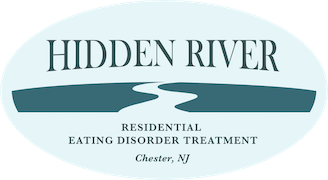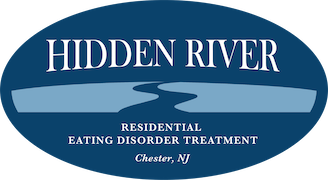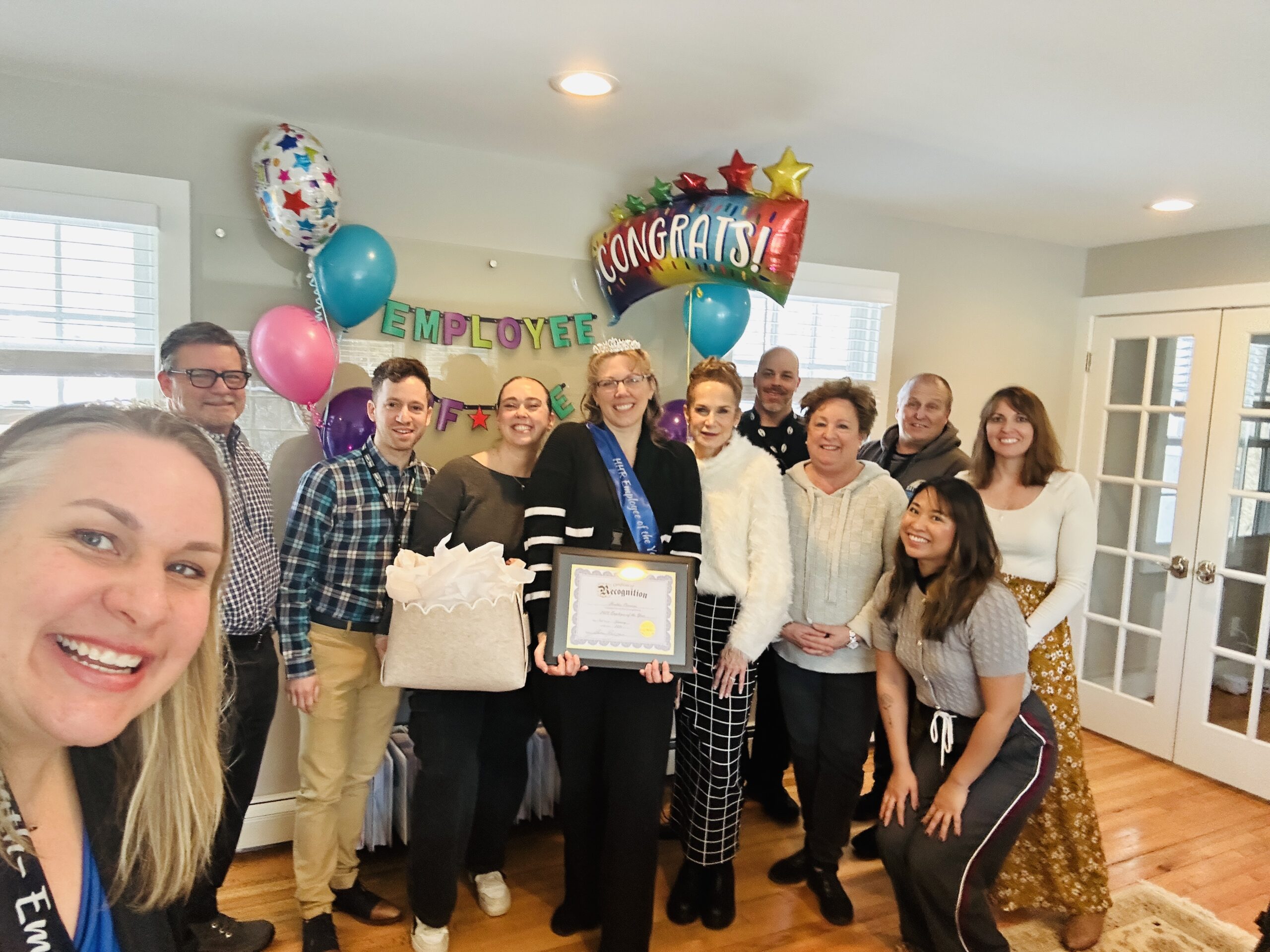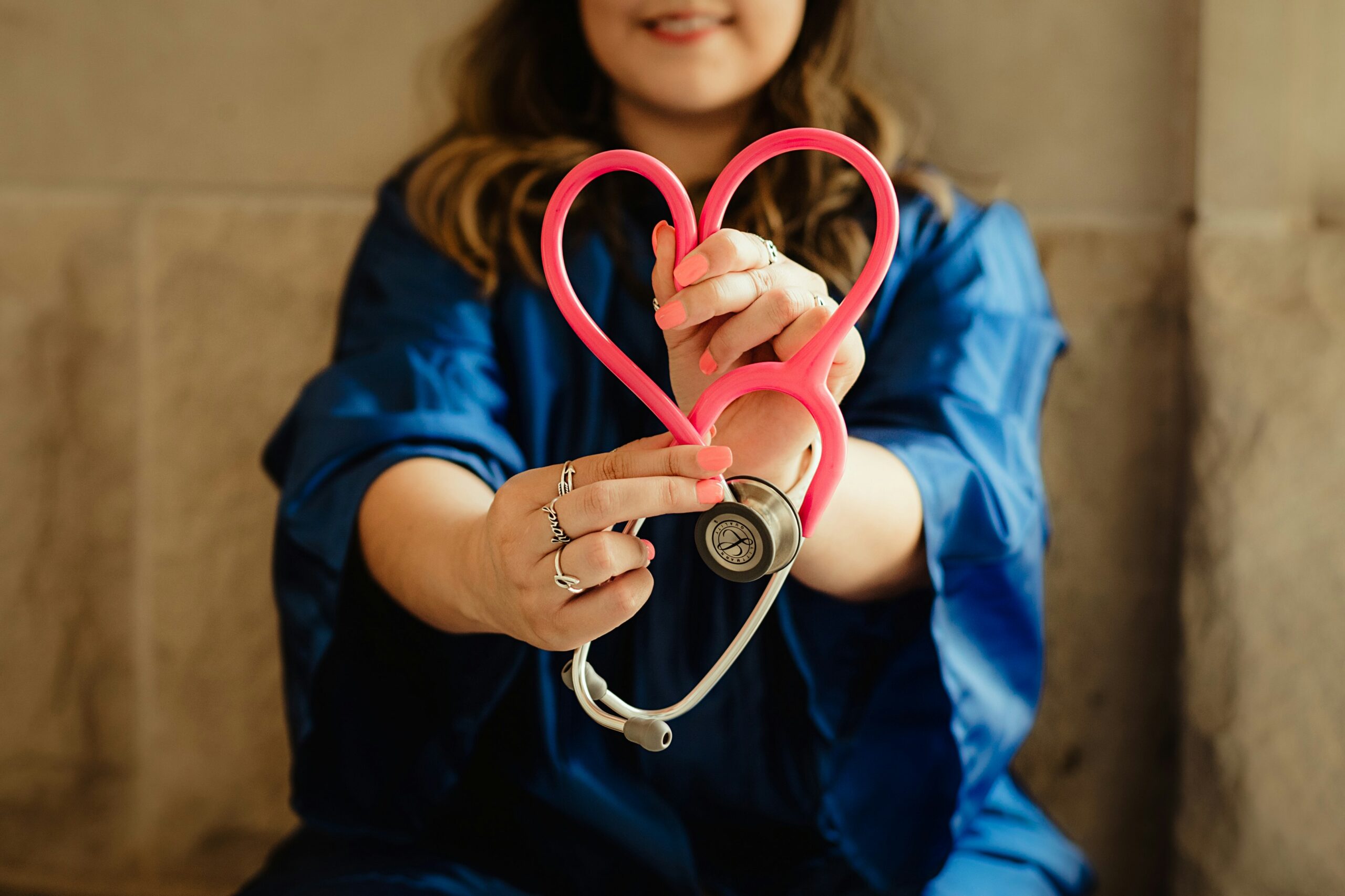For Patients: It’s Okay Not to Be Okay
For patients with eating disorders, it’s okay not to be okay! Some people call it putting on a brave face. Others call it focusing on the positive. While there’s a time and a place for doing so, there are also times when it’s impossible to feel the sunshine in a given situation — and that’s not a character flaw. Facing an eating disorder is one of those situations where it’s okay not to be okay. Feeling like you can’t pretend to be happy any longer is okay too.
Eating disorders aren’t just hard on a person’s body. They also take a toll on the patient’s mental health, relationships, friendships, and education. Many people who have eating disorders feel that they need to deny their own needs and comfort their loved ones, which further drains them. This approach works until it doesn’t. When it stops working, the eating disorder has wreaked havoc in the person’s health, the family, and even harmed their best relationships and academics. It is at this crescendo that it’s particularly important to find the right kind of help.
The first step in finding help is accepting that there’s something wrong without self-judgment or critique.
Stating that something is wrong doesn’t have to come with emotions attached to it. It can be as simple as saying a fact aloud. That being said, saying that something is wrong and then accepting that something is wrong can seem like an impossible bridge to cross. There’s a distinction to be made between accepting that you’re in a bad place and accepting a situation without trying to change it. The prior is called self-acceptance, and it’s a clear pathway towards avoiding the latter.
According to Wilson (1996), self-acceptance requires an active approach of self-affirmation. It means that you aren’t meant for unhappiness because of what’s happening in your life. Instead, you accept yourself even in the face of immense challenges. In this study, increased self-acceptance showed greater lasting changes in eating and exercise behaviors, demonstrating its ability to help with recovery. (1)
To take self-acceptance one step further, another study collected data on self-esteem, anxiety, narcissism, and mood. Unconditional self-acceptance showed a positive relationship with self-esteem and a negative relationship with anxiety, narcissism, and low mood, even after being exposed to adverse events. (2)
The bottom line is that it’s okay not to be okay.
You may feel that you need help because the status quo isn’t working for you anymore, even if you have tried to make changes. By asking for help without self-judgment, you’re engaging in self-acceptance, which can empower you as you begin your eating disorder recovery journey.
When you’re ready, there are some excellent treatment centers out there willing to help you. Finding the right treatment program is important for the sustainability of your recovery.
Taking the right next step for you can be challenging when you aren’t sure where to begin.
To guide your decision-making, consider the following questions:
- What support systems do you already have in place? Here, you want to consider friends, family members, therapists, and/or counselors at school.
- What services are available in your area? What services specialize in the treatment of eating disorders?
- What type of program are you looking for? Based on the course of your eating disorder, you might look into outpatient care or inpatient programs. You may also want to consider nutrition and culinary skills, school programs, and more.
- What are you looking for in a treatment team? How involved would you like them to be?
When thinking through these questions, you might not have all of the answers – and that’s okay too! If this is the case, it can be useful to speak with a loved one about what you’re looking for, as they might be able to guide you. As we shared earlier, it’s okay not to be okay — and by involving other people in your recovery journey, you won’t have to carry the load all by yourself.
If you’re feeling that you’re not okay and would like to speak with a mental health professional who can help, contact Hidden River to connect with a high-quality eating disorder treatment program that offers comprehensive and compassionate services.
For more information about eating disorder treatment at Hidden River, please visit our website. We are currently accepting new clients. To contact the Admissions team at Hidden River, please call (833) 307-4837 or email info@hiddenriverhealing.com.






Leave a Reply
You must be logged in to post a comment.